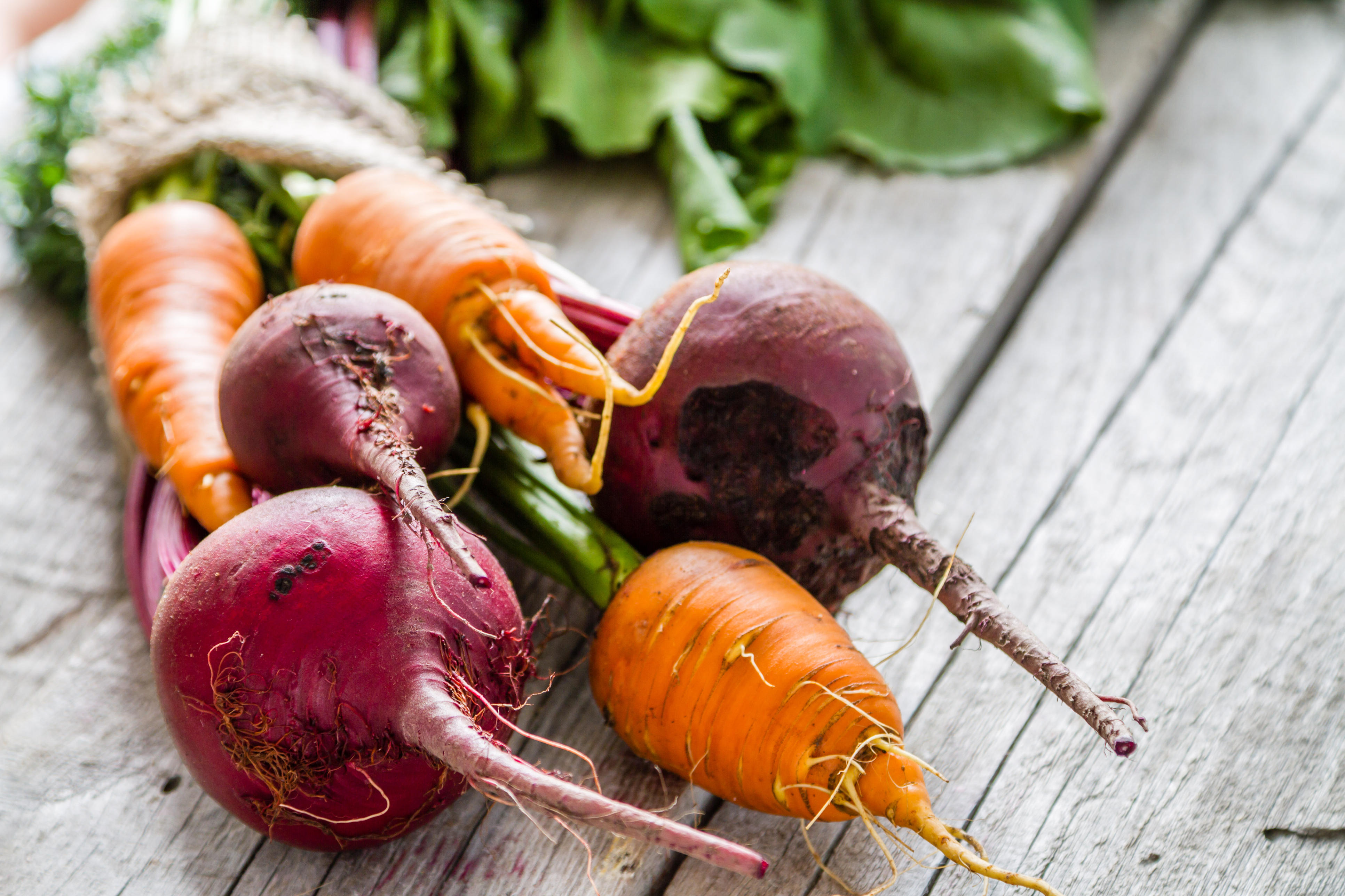
Choose organic for reduced pesticides, food additives
If you’re wondering whether to go organic for better health in the New Year, you may need to weigh a few factors before making your decision. According to nutrition experts, your first concern should be getting plenty of fruits, vegetables, whole grains, lean meats and other healthy foods — regardless of whether these items are organic.
“You need to eat fruits and vegetables, minimize empty calories and maintain a healthy weight whether you eat organic foods or not,” said Keiko Case, a licensed and registered dietitian with Northern Nevada Medical Center. “The most benefits come from eating healthful foods, avoiding processed foods and limiting sugar, fat and salt-loaded junk foods.”
Highly regulated
For those who choose to purchase organic goods, the motivation to do so may come from a desire to avoid pesticide residues and food additives, promote planet-friendly practices or all of the above. In terms of pesticides, however, the residue level on most conventionally grown produce does fall within government guidelines for safety.
“Our food supply is very tightly regulated and tested for pesticide residues to make sure they’re within an acceptable range,” said Johanna Dibble, a licensed and registered dietitian with Northern Nevada Medical Center. “Just remember to always wash your produce thoroughly before consuming.”
Personal preference
However, some folks may decide to go organic if they want to eat produce with even lower levels of pesticide residues, as well as fewer food additives and processing aids, such as preservatives. With a lack of conclusive evidence that organic foods are better for health, the decision to buy these goods tends to be based more on personal concerns and preferences.
Given that organic farming practices are designed to decrease pollution and increase soil and water conservation, the environmental up side of buying organic food seems to be more clear-cut than the health benefits.
No GMOs
As you consider whether to go organic across the board, only with certain foods or not at all, it may help to have a better understanding of what organic food labels actually mean.
For starters, produce can be called organic only if it was grown without the use of most synthetic fertilizers and pesticides. If a synthetic substance is used to grow organic produce, it must meet the United States Department of Agriculture (USDA) standards as far as its effects on human health and the environment.
“As for organic meat, regulations require that animals are raised in living conditions accommodating their natural behaviors (like the ability to graze on pasture), fed 100-percent organic feed and forage, and not administered antibiotics or hormones,” according to the USDA website.
For processed, multi-ingredient foods, the USDA organic standards do not allow the use of artificial preservatives, colors or flavors. In addition, no food can carry the USDA organic label if it is grown or handled using genetically modified organisms.
Priorities, priorities
If you are aiming to pick and choose which foods you buy organic based on pesticide levels, licensed and registered dietitian Stephen Compston of Renown Health recommends taking a look at the Environmental Working Group’s website, where you can find a list of produce ranked from worst to best in terms of pesticide residue.
However, Compston added that simply eating more produce — organic or not — should be the first priority for better health.
“It’s most important to just eat more plants, regardless of how they were grown,” he said. “You will still see the health benefits of eating more fiber and the vitamins and minerals in those foods.”
* This article was originally written and published on http://www.rgj.com/story/life/2017/01/10/choose-organic-reduced-pesticides-food-additives/96403036/

